Before building his own political clout, Elon Musk threatened to fund Republican opposition candidates to fight lawmakers who supported President Donald Trump’s budget bill. But he soon learned that money doesn’t easily trump political loyalty.
Despite his immense financial resources, Elon Musk has been unable to stem the tide of support for President Trump in Congress . Not only congressmen, but also senators and cabinet members have sided with the President. In fact, many who had previously been wary of Elon Musk have begun to openly criticize him. They understand that even in American politics, the influence of money has its limits – while ideology and political loyalty are much more entwined.
American political history has repeatedly shown that money does not guarantee victory. In 2020, former President Joe Biden, despite having difficulty raising funds compared to billionaires Michael Bloomberg, Tom Steyer, and even Bernie Sanders and Elizabeth Warren, still won the Democratic nomination. Similarly, in the 2024 Republican primary, Governor Ron DeSantis, despite strong fundraising, could not overcome the solid position of Donald Trump, who retained the loyalty of about 35-40% of the party's core voters.
Elon Musk’s new party could be classified as a “third force” in American politics, which is made up of smaller parties or individualist movements. Although the billionaire cannot run for president due to his birthplace, his party is driven by individuality and influence, similar to existing models.
History records several notable “third” attempts: In 1912, Theodore Roosevelt won six states with the Progressive Party, finishing second nationally. In 1948, Strom Thurmond won four states with the States Rights Democratic Party. In 1968, George Wallace won five states from the Independent Party...
Several small parties have been formed in recent years, but they have yet to make a major breakthrough. Andrew Yang, after two failures — in the presidential primary and in the New York mayoral race — founded his own party. The “No Labels” movement, which was founded in 2010, has attracted a few names, such as Joe Lieberman and Joe Manchin, but has not fielded a candidate in 2024, believing it has a low chance.
The Greens and Libertarians are the most stable third parties. The Libertarians, in particular, are on the ballot in all 50 states, a rare feat. Despite only getting 3.3% of the vote in 2016 and winning no states, the party once had a U.S. representative, Justin Amash. Although he left the party in 2024, several Republicans have publicly endorsed Libertarians, suggesting the party’s potential for future growth.
Notably, the Libertarian Party Chairman proposed a partnership with Elon Musk, opening up opportunities to leverage existing organizational structures and similar policy platforms - including opposing public debt and reducing the role of the state in the economy. However, Elon Musk rejected this proposal to pursue his own path.
Despite the efforts of third parties, the two-party system remains the core of American politics—not by law, but by practice, analysts say. In a political environment marked by constant internal conflict, the system allows voters to rally around a candidate who has a real chance of winning, albeit by compromise, against an opponent who is also well-supported by the other party.
As a result, even libertarians and lesser-known third parties often seek opportunities through one of the two major parties. The more common role of third parties, meanwhile, is to “spoil” close elections, indirectly helping the opposition win. For example, in 2000, Ralph Nader (Green Party) was widely credited with costing Al Gore Florida, thereby handing the victory to George W. Bush. In 2016, Jill Stein (also Green Party) won a small but significant number of votes to influence the outcome in three key industrial states, contributing to Hillary Clinton’s defeat.
Billionaire Elon Musk has said the “America” Party will focus on 8-10 seats in the House of Representatives and 2-3 seats in the Senate, targeting disaffected Republicans. However, many forecasts for the 2026 congressional elections show that the possibility of the Democrats taking back the House of Representatives is quite clear.
In that case, the role of “troublemaker” Elon Musk — who seems to want to directly oppose President Donald Trump — could inadvertently help the Democrats. But given its current strength, the “America” Party is unlikely to win any seats in Congress, let alone become the “balance of power” that Elon Musk has set out to do in a Congress so closely divided between the two parties.
Hung Anh (Contributor)
Source: https://baothanhhoa.vn/dang-cua-elon-musk-va-vai-tro-cua-cac-the-luc-thu-ba-trong-lich-su-chinh-tri-my-254277.htm


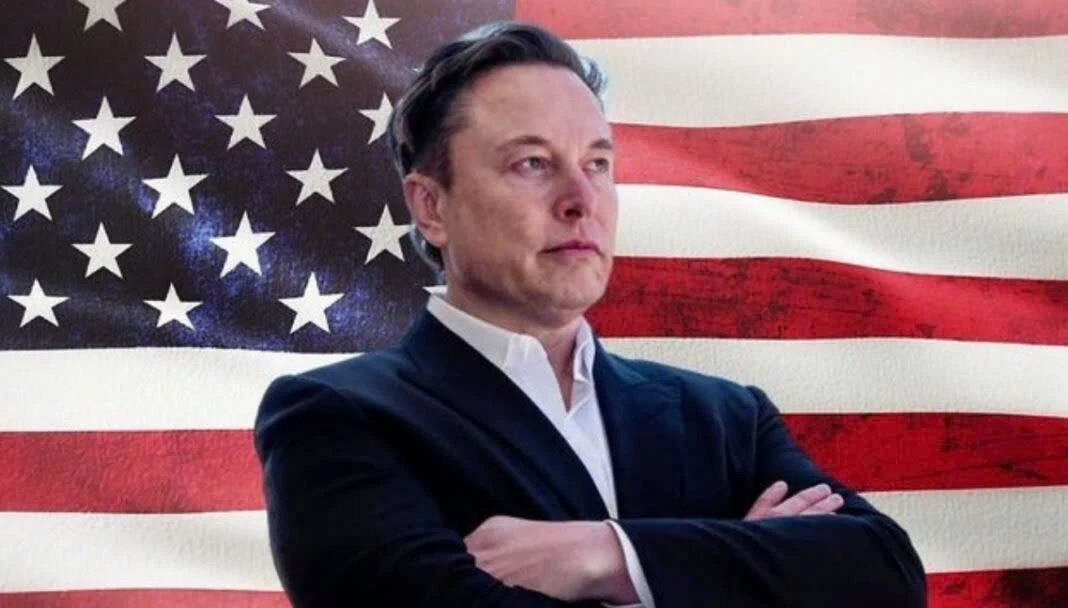
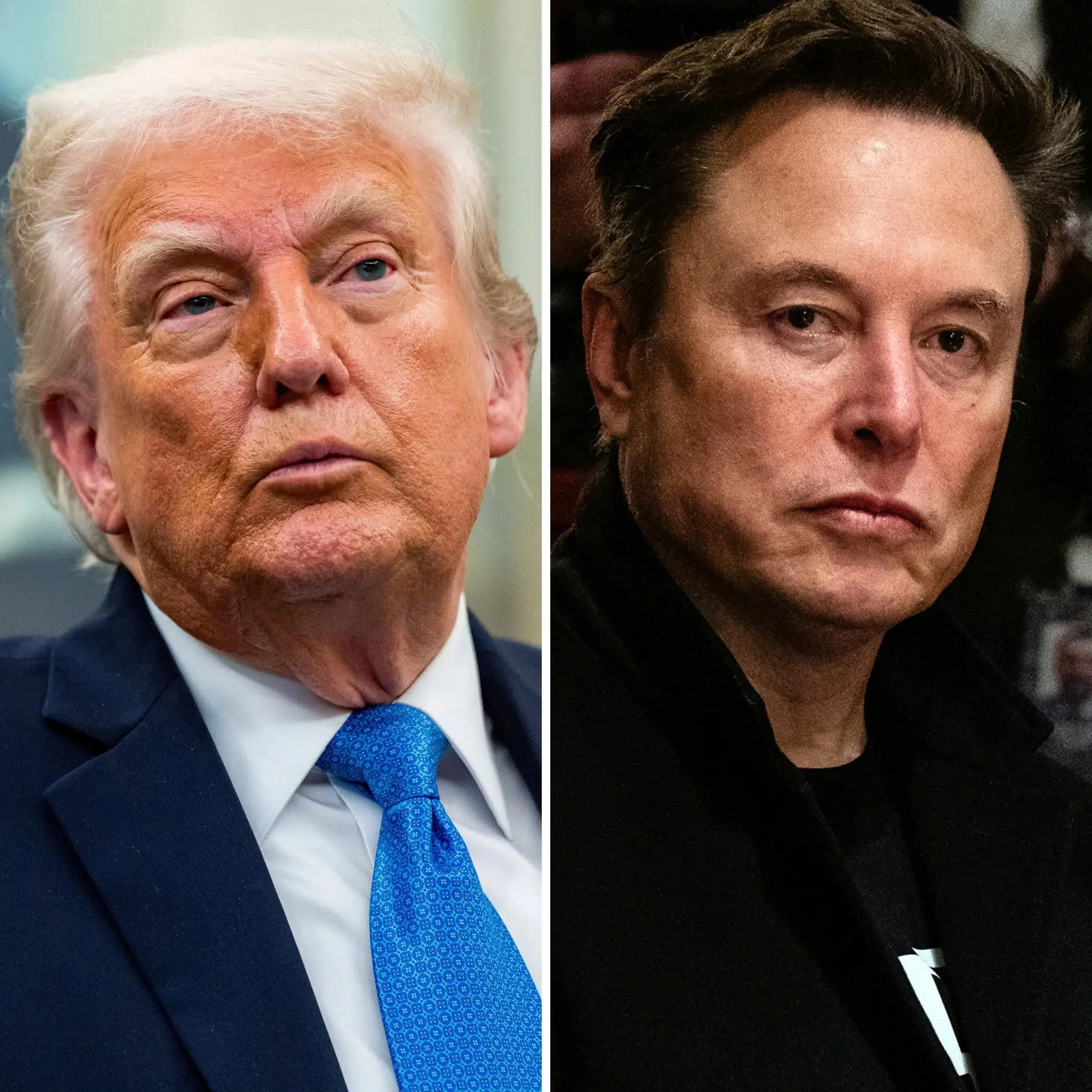




![[Podcast] No need to change passport or citizen identification when administrative boundaries change](https://vphoto.vietnam.vn/thumb/1200x675/vietnam/resource/IMAGE/2025/7/9/dfcd127b84b24a19a031801698c9a51f)


















































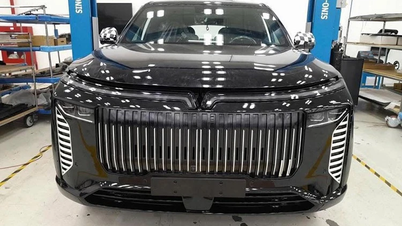



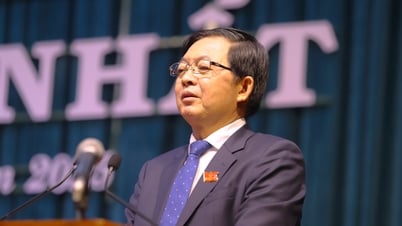
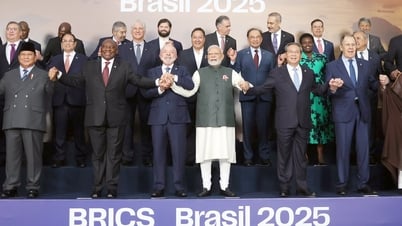



































Comment (0)